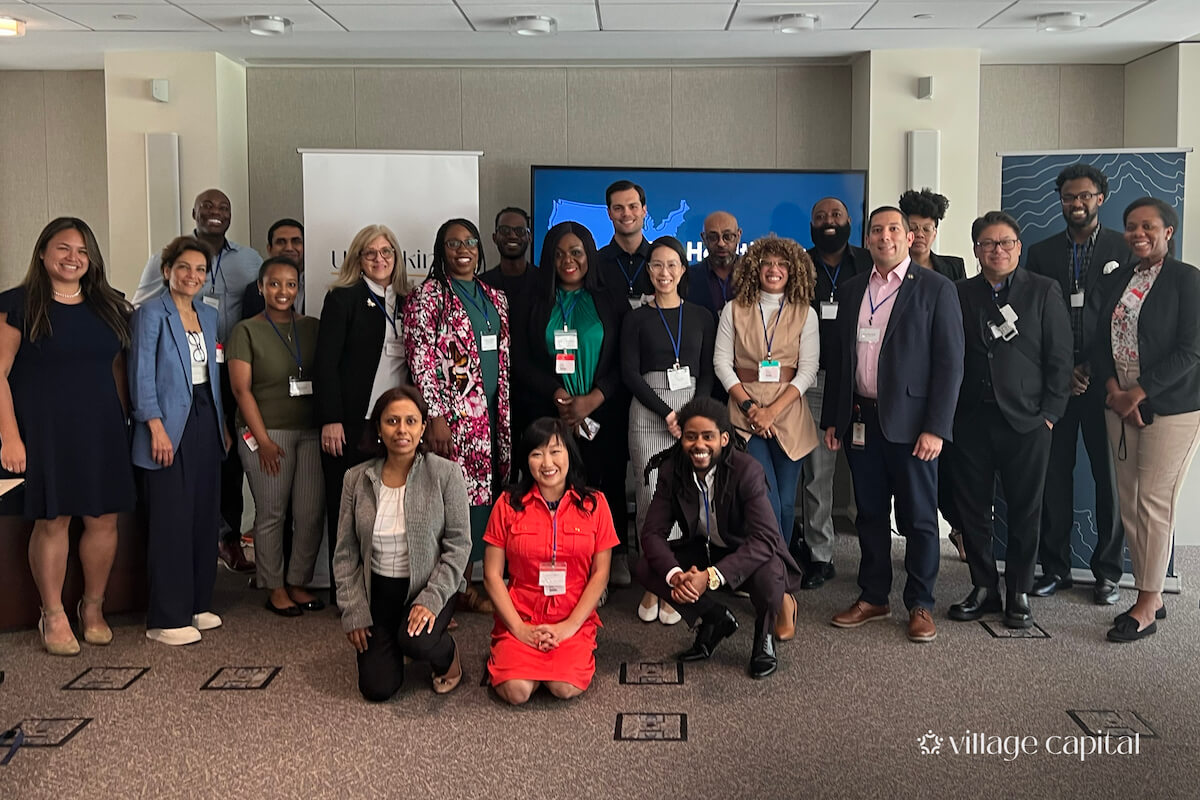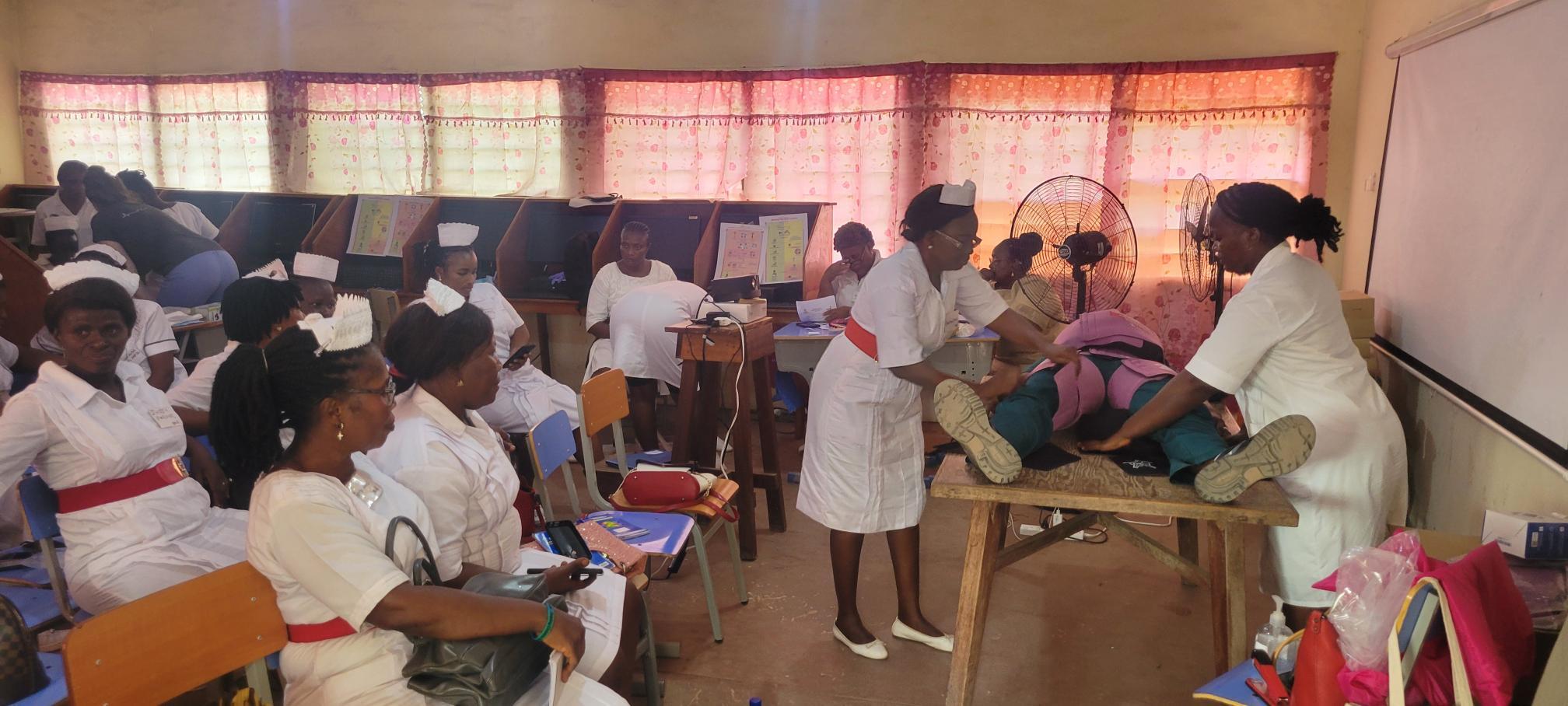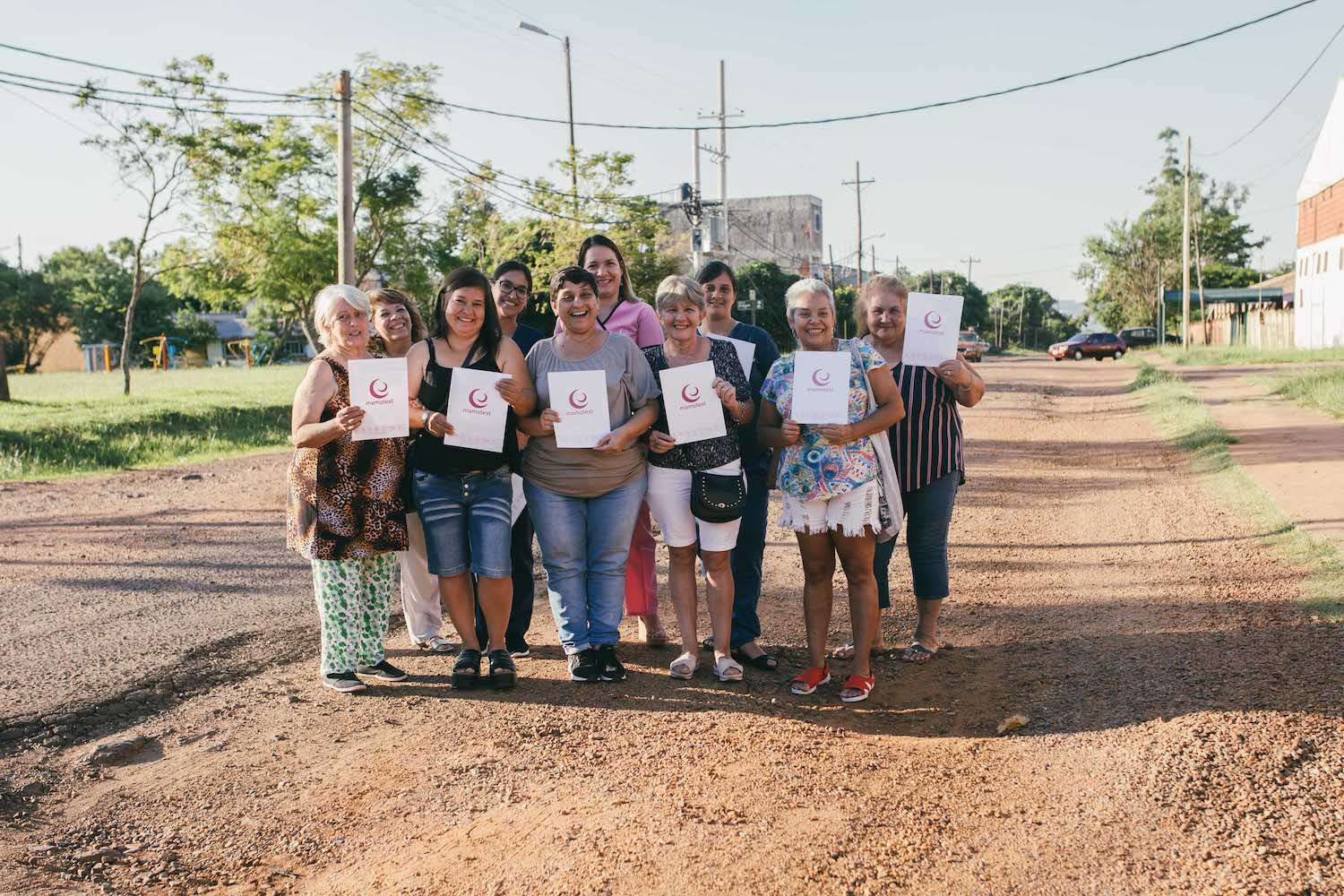Editor’s note: This guest post is sponsored by Impact Ventures by J&J Foundation, which supports ImpactAlpha’s Investing in Health coverage. In partnership with Impact Ventures, ImpactAlpha is exploring the market potential of impact investments in purpose-driven entrepreneurs working to improve health outcomes for underserved communities around the world.
Everyone deserves the opportunity to live a healthy life. For many in the US, however, this opportunity is elusive.
Inequities plague the US healthcare industry, primarily rooted in structural and systemic racism and discrimination, which has resulted in vast, persistent, and increasing disparities in health outcomes between historically underserved and marginalized communities and the general population. BIPOC (Black, Indigenous, and People of Color) individuals, for example, experience significantly higher rates of illness and death across serious health conditions, such as diabetes, hypertension, obesity, asthma, and heart disease, compared to their white counterparts.
Health equity, or “the state in which everyone has a fair and just opportunity to attain their highest level of health,” requires a deep understanding and recognition of both the medical and non-medical social determinants of health that influence care and wellbeing, including social, economic, and environmental conditions, as well as the structures, cultures, and technologies, all of which shape the conditions in which we live, learn, work, and play.
Despite efforts to promote health equity, current investments, particularly those focused on medical interventions, have proven insufficient. Investors can create lasting, systems-level change by embracing a more holistic approach to health innovation. The answer lies in supporting early-stage startups at the forefront of this innovation, including building solutions to effectively improve the non-medical social determinants of health for marginalized and underserved populations.
A necessary shift to prioritize non-medical solutions for marginalized and underserved communities
The argument for closing the health equity gap is clear, not only as a moral imperative but also for its considerable societal and economic advantages. Inequitable care costs the US around $230 billion annually, whereas equitable care could save the US over $1 trillion annually. Improved health equity means reduced trips to the emergency room, fewer preventable illnesses, and improved mortality rates. It also means increased economic productivity, greater social cohesion, and stronger community resilience.
The question of how we get to health equity is murkier. In the past, governments, nonprofit organizations, and corporate healthcare organizations predominantly focused on equitable access to healthcare facilities, treatments, and services. A recent shift reflects the need to address the upstream social determinants of health disparities in areas like food, transportation, housing, education, social connection, and safety.
Despite an increased consensus on the role non-medical factors play in health disparities, it is still not commonplace for solutions to incorporate them. A 2023 Journal of the American Medical Association (JAMA) review of “Racial Health Equity and Social Needs Interventions: A Review of a Scoping Review” reveals that only 9% of over 150 prior interventions centered on advancing health equity incorporated non-medical root cause solutions. A new wave of health innovation focused on improving non-medical social determinants of health is emerging, and the opportunity for investors to double down and amplify impact is here.
Diverse startups are central to driving health equity and long-term value
Diverse, early-stage startups are at the forefront of this health innovation, creating customized solutions that effectively address medical challenges and the non-medical social determinants of health for marginalized and underserved populations. At Village Capital, we’re pioneering the Health Equity Initiative, a collaborative investment approach for like-minded partners to improve health equity in the US. With the support of Impact Ventures by J&J Foundation, we’ve led robust, investment-readiness, health-focused accelerators to empower entrepreneurs with the capacity, skills, capital, and networks to scale their impact. Over the past four years, 32 companies have participated, of which 84% were led by founders of color and over 50% by female founders.
We’ve had the privilege of working closely with several of their founders and have seen the power of those who bring a community-led lens to the table based on lived experiences, enabling them to build customized solutions that have the potential to close the equity gap.
Take, for example, Dallas-based Yumlish. Yumlish is an alum of Village Capital’s 2022 Innovations in Health Equity accelerator, an initiative supporting startups reducing inequities in the US healthcare system. Yumlish provides low-cost, web/text-based, culturally-affirming nutrition programs focused on managed care plans for Medicaid-eligible populations. By eliminating Bluetooth devices and taking a non-app approach, they have unlocked a price point to service the Medicaid population, unlike their closest competitors.
Other organizations we work with, like Impact Ventures by J&J Foundation, have also identified and invested in compelling companies taking on social determinants of health. Chicago-based CareAdvisors, for instance, automates social care services for vulnerable patient populations by providing rapid access to government benefits and community-based social services. CareAdvisors looks at healthcare holistically, supporting Medicaid and Medicare Advantage members by partnering with community-based organizations, FQHCs, and payers and providers, resulting in improved patient retention rates in health plans by 50% and improved case management efficiency by 10 times. It has also helped Medicaid and Medicare programs improve revenue from value-based payments.
But investors have underinvested in startups led by women and entrepreneurs of color. They need more capital and support to get off the ground. In 2021, VC-backed startups secured over $345 billion in funding in the US, yet only invested 2.4% of it in startups led by female founders, 1.3% by Black founders, and 2.1% by Hispanic founders. We saw a devastating drop in 2022, where, of the total $283.3 billion VC investments, only 1.9% went to female founders, 1.1% to Black founders, and 1.5% to Hispanic founders.
Investing in startups generates long-term value and high returns. Racially and ethnically diverse teams see success rates 5.8% higher than those of homogeneous teams, including 30% higher multiples of invested capital on initial public offerings (IPOs) and acquisitions. VC firms that raised the percentage of female partners by 10% saw a corresponding rise in overall fund returns and their profitable exits by 1.5% and 9.7%, respectively. These are just a few of the numbers telling a compelling narrative emphasizing the importance of prioritizing marginalized and underserved populations.
A shared commitment to correcting investment imbalances by supporting entrepreneurs with lived experience leading early-stage companies
This vast potential is why we are passionate about flipping the script and calling on investors to join as partners to create lasting change.
It is also why we are actively creating opportunities for entrepreneurs. This year, in particular, our health innovation accelerator supports startups increasing access to food, transportation, housing, education, social connection, and safety that prioritize marginalized and underserved communities. For more information about current investment offerings in Health Equity, we invite you to take a look at our program pages.
The opportunity for everyone to live a healthy life — regardless of background — must become a reality. The power to close the equity gap is in our hands. It’s time for the investor community to come together to drive systems-level change by supporting diverse, early-stage startups building innovative solutions addressing critical social determinants of health for marginalized and underserved populations.
Are you interested in learning more and exploring partnership opportunities? We’d love to connect with you at [email protected] and [email protected].
Kelly Bryan is US regional director at Village Capital. Elizabeth Nguyen is VilCap’s economic opportunity practice lead.











